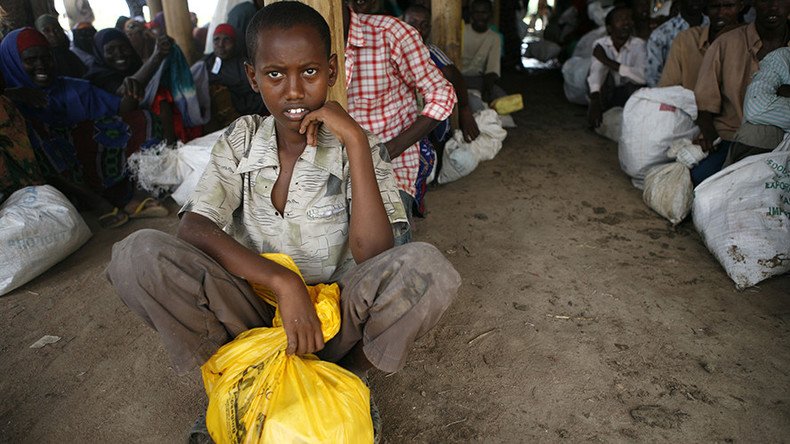Carrying a plastic bag in Kenya could land you in prison

Kenya has banned the use, manufacture, and importation of plastic bags as the government tries to protect the country’s polluted environment.
Anyone found in violation of the ban could be given a maximum penalty of $38,000 or serve a four-year jail term.
Manufacturers who use polythene to wrap products are exempt.
The National Environmental and Management Authority said travelers coming to Kenya with duty-free plastic shop bags would be required to leave them at the airport.
Kenya’s ban follows a number of other African countries such as Rwanda, Mauritania, and Eritrea which have already outlawed plastic carrier bags.
Kenyans are estimated to use 24 million plastic bags a month and piles of waste bags can be seen across the country.
Kenya's Environment Minister Judy Wakhungu said plastic bags take between 20 and 1,000 years to biodegrade.
According to the UN Environmental Program (UNEP), some 100 million plastic bags are handed out every year in Kenya by supermarkets alone.
The bags have long been identified as one of the main causes of environmental damage and health problems, killing birds, fish and other animals that mistake them for food, said UNEP.
It has also raised fears of plastic contamination in beef, saying massive amounts of polythene bags (about 20 bags per cow) are pulled out of livestock in Nairobi's abattoirs.
Plastic Pellets: 2.5 tons of fake rice seized in Nigeria https://t.co/dE0HYHkA38
— RT (@RT_com) December 22, 2016
Eight million tons of plastic leaks into the ocean every year, and according to UNEP, by 2050 there will be more plastic in the oceans than fish.
On Friday, the High Court of Kenya rejected a challenge to the ban as manufacturers of the bags have argued 80,000 jobs could be lost. The court ruled environmental concerns were more important than commercial interests.
Minister Wakhungu said more jobs would be created from making bags from environmentally friendly materials.













